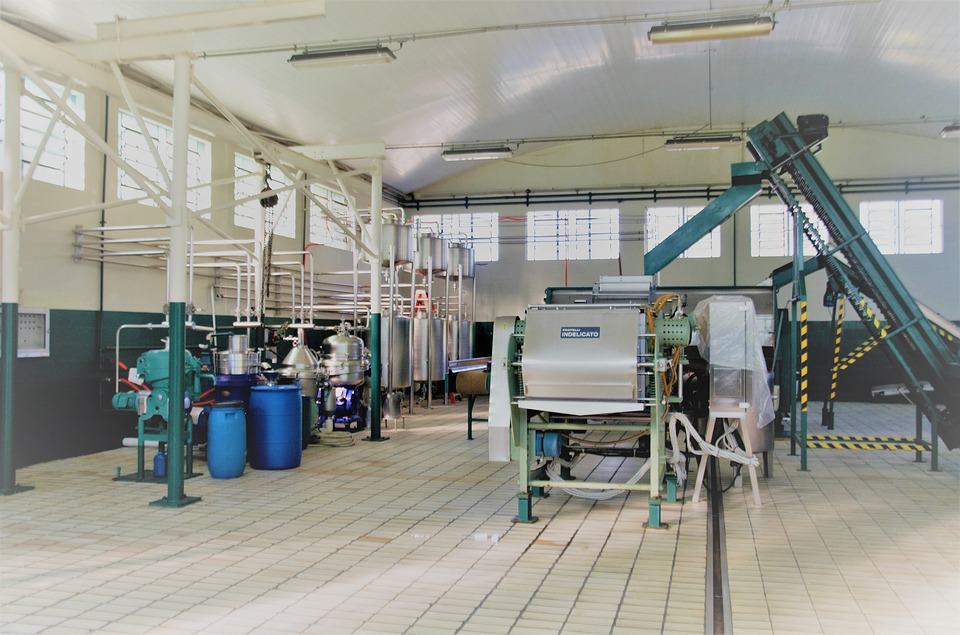The Impact of VAT on the purchasing power of the UAE workforce
First mention of Mercer should read: Mercer, a global consulting leader in advancing health, wealth and careers, and a wholly owned subsidiary of Marsh & McLennan Companies (NYSE: MMC) has released its latest research on the impact of VAT on the purchasing power of the UAE workforce. While most companies will not take any specific measures to compensate against the introduction of VAT, Mercer’s cost of living and spendable income research shows that VAT will only have a minimal effect on people’s buying power.
“While VAT is applied to most items that are purchased on a daily basis, such as food, clothing and personal care, the so-called ‘additional spend’, which is made up of items such as financial services, education and flights are non-taxable. Along with housing, these are accounting for a large proportion of employees spending power which will not be impacted by VAT. However, VAT will not affect everyone in the same way. Different individuals and households will have different spending patterns,” said Rob Thissen, Talent Mobility leader for Mercer in the Middle East.
Mercer research shows that income level and family size can cause the impact of VAT to vary considerably. For example, lower salary households living on an income of AED 100,000 would typically spend 48.5% of their income on taxable goods and services, meaning a 2.4% loss in purchasing power, while higher salaried single individuals with an income of AED 500,000 would only spend 37.7% of their pay on taxable goods and services, decreasing the impact of VAT on their purchasing power to only 1.5%.
At the same time, Mercer’s study forecasts that VAT will be offset by the expected salary increases. Ted Raffoul, Career Products leader at Mercer in the Middle East highlights: “While the VAT implementation will have a measurable impact on purchasing power, we forecast the average salary increase in the UAE to be 4.3% across all industries, which is considerably higher than the expected level of inflation. According to the IMF, inflation for 2018 is forecasted at 2.9%. Inflation statistics already account for the expected consumer price increases, and most companies incorporate this figure while budgeting for salary increases. Therefore, most companies feel no need for any extraordinary measures, but will likely monitor the situation closely as it evolves.” Industries such as life sciences and technology expect an even higher increase close to 5%, while the energy and financial services sectors project salary increases closer to 3.5%.
VAT is common across the world and is often set at a much higher rate. With the introduction of VAT, the UAE aligns with the international trends of companies not taking any additional measures as a result of a change in VAT rates. Mercer will be running a new Cost of Living survey in March which will reflect the price developments in the UAE.





























